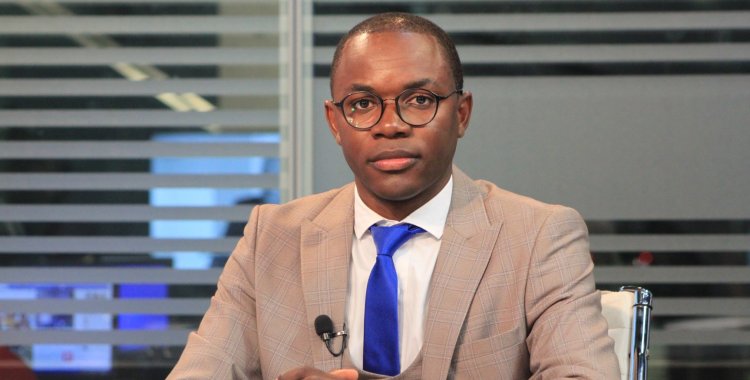"Angola within OPEC represents only a luxury in misery because the Angolan oil sector, from the point of view of national companies, is not yet very strong, so why be in oligopoly or cartels as far as the reform we are implementing is for fight oligopoly and cartels? ", said Quixina.
For the economist, who spoke to Lusa about the presidency of Angola in OPEC, "it is absurd for Angola to be part of a cartel" and it is essential for the country to leave the organization "because Angola has no structure to continue in this body".
"As we are already presiding, it is essential this year that Angola prepares its departure for the next year. If we do not leave OPEC it is more likely that this decade could be another lost decade because in the short term I cannot see Angola with style, enthusiasm and talent to diversify the economy ", he said.
Angola presides over the OPEC ministerial conference this year, replacing Algeria.
During the 13th OPEC Ministerial Meeting, held on Monday, the president of the OPEC Conference, the Minister of Mineral Resources, Oil and Gas, Diamantino Pedro Azevedo, said that "Angola is working to restore stability and confidence in the oil market ".
According to Yuri Quixina, Angola's presence in OPEC since 2007, whose members are now obliged to make daily cuts in their production, "does not bring any advantage to the country and it was the biggest mistake" it has made in history.
"Because the oil sector was not yet booming, our oil sector is embryonic, it has not yet been explored, at a stage when we want to change the basic structure of the economy's export, diversify the sources of government revenue, the oil sector would be short term and will continue to be an excellent investment in the short term ", he observed.
Quixina defended that the current presidency of Angola should be preceded by an assessment of the first presidency of the country in this body in 2009, because, he stressed, without a balance from the previous presidency to know "what are the advantages is to shoot in the dark talking about the advantages" .
And "afterwards, the Angolan oil sector has been shrinking in contraction since 2015, so if a country has been drying up in a particular sector in recession for years, what should be done at this moment is to leverage this sector", he stressed.
The macroeconomics expert considered that "the country's oil sector is not leveraged with cuts within the cartel", recalling that Angola will have to make cuts of 261,000 barrels of oil / day until next March.
"And we don't know, if the world economy does not recover and we have the third or fourth stage of covid-19 again, most likely, OPEC will continue to cut and Angola to chair OPEC will be the first country to cut," he said.
"The previous presidency was irrelevant, it did not increase any profitability for the country since the great innovations in the oil sector, with great investments, research of new basins and innovations did not increase, we did not grow", he pointed out.
For the also member of the Economic and Social Council, created in September 2020 by President João Lourenço, since the country joined OPEC the "natural decline began to happen".
"What I am saying is that Angola is being affected not only by the price, but by the natural decline and cuts. Angola is in a splint triangle where in the first side it has the price, the natural decline and the cut of OPEC and it is essential to undo this splint ", he advocated.
The university professor insisted that Angola "continues with the anthropology of the image, drives the Ferrari or a Lexus, but sleeps on the balcony".
"We have to get out of this image of living on appearances, we have to focus on the profit that has a multiplier effect on children who have not yet been born, that is what is the most important", he maintained.
"We have no revenue, the oil sector is declining and we are losing billions of dollars just because we want to have an image. Basically, only our presence in OPEC, these cuts that we are making can lose more than 850 million dollars, it is a lot of money ", he concluded.
Angolan businessman in the oil sector, Pedro Domingos Godinho, told Lusa, in December, that it does not make sense for Angola to continue in OPEC, where "it is burning" millions of dollars daily due to cuts imposed by the organization, considering that the country is in a "economic self-mutilation".







